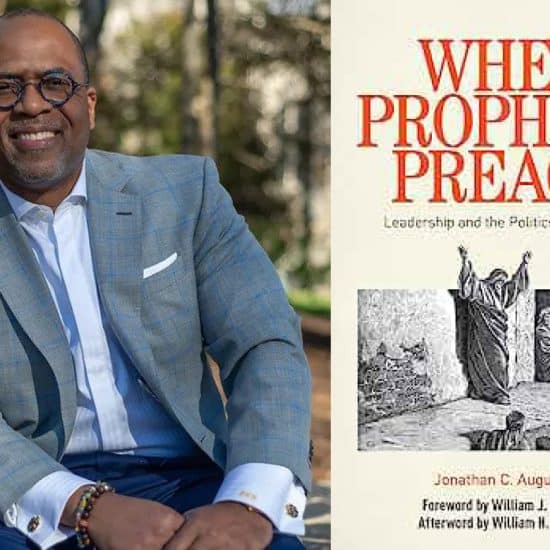Growing up, we discover the entertainment value of fish tales and whoppers. We hear a story that’s too good not to pass along, and we usually do.
So it’s not surprising that originality and accuracy may not be at the top of a congregation’s ethical concerns.

Ken Satterfield
|
Not so with politics. Technology allows us real-time fact analysis of a political candidate’s stump speech or debate performance. In fact, the same is true for anyone behind a podium — which brings us back to the church and your pastor.
In October 2013, the Barna Group reported that almost four out of 10 practicing Christian Millennials search to verify something a pastor has said (preaching.org/factcheckingsermons). In a roomful of listeners armed with smartphones and tablets, others are no doubt doing the same. And once it is broadcast, streamed, transcribed or recorded, a message can easily outlive the speaker, taking on a life of its own.
Pastors are under constant pressure to craft uplifting and penetrating messages each week in the midst of other pressing responsibilities. It might be tempting to save time by preaching someone else’s sermon or personalizing an illustration. (Note that sermons can also be purchased or found online without crediting the author, while some denominations make readiong sermons available for churches without pastors.) If you speak or blog or (gulp) write a column, creating completely original messages that avoid plagiarism is hard.
In 2012, then Ethics and Religious Liberty Commission President Richard Land lost his radio show over stating racially-charged comments that were not his own. The following year, Mark Driscoll, popular author and pastor of Mars Hill Church, based in Seattle, Wash., was confronted by an evangelical radio host about non-attributed passages in his writings.
A similar hazard is sharing sloppy facts. We like stories and statistics that validate our beliefs (“confirmation bias”). We rely on faulty memories over facts. We may not verify information before sharing it.
This time last year people were sharing the story of Pastor Jeremiah Steepek (relevantmagazine.com/tags/jeremiah-steepek), who showed up at a large church dressed as a homeless man and was shunned by the congregation until he was announced as the guest speaker, convicting those present. Never mind that he could not be found in a search engine and the picture accompanying the story was identified as someone else.
Reporter Bob Smietana cautioned pastors about accepting statistics at face value (factsandtrends.net/2014/01/07/false-facts-why-we-love-bad-stats). Two examples of this are a study showing that — contrary to popular wisdom — Christians were pretty generous tip¬pers, and that the exodus of young people leaving church were not as dire as the 94 percent figure often used.
Using someone else’s work as your own or using inaccurate information can be dishonest and harm a minister (and/or church’s) credibility. Here are some fact-finding tools and suggestions to help both pastors and curious listeners:
- Search using a name or specific phrase on search engines such as Google.
- Use Snopes.com to research urban legends and misinformation.
- Verify political claims with FactCheck.org.
- Where does the Bible say “God will not give you more than you can handle”? It doesn’t. (1 Cor. 10:13 is actually addressing temptations.) A site such as BibleGateway.com or an app like YouVersion can let you confirm a passage.
- The Verification Handbook can give you an appreciation on the process for journalists.
- You can see a list of other tools at verificationjunkie.com.
- A collection of reference and research sites are gathered at internet-resources.com/writers/wrlinks-history-ref.htm.
- A collection of reference ance
- When possible, find the original source.
- Wikipedia has a lot of information, but is only as accurate as the article’s last editor.
- Ask for permission from the source.
- Credit the source.
- Paste a document into Plagiarism Checker (searchenginereports.net/articlecheck.aspx).
If you suspect plagiarism or erroneous facts, ask the speaker. If you are the speaker, be willing to share where your material came from. If either of you are in error, apologize.
Ken Satterfield is advertising/marketing coordinator for Word & Way.
Also:
How to check a post (Ebyline)
5 leaders examine plagiarism in preaching (SermonCentral)
8 common thinking mistakes our brains make every day and how to prevent them (Buffer)
I think the pastor stole that sermon (Banner)
Never let the facts stand in the way of a good story (American Church Magazine)





